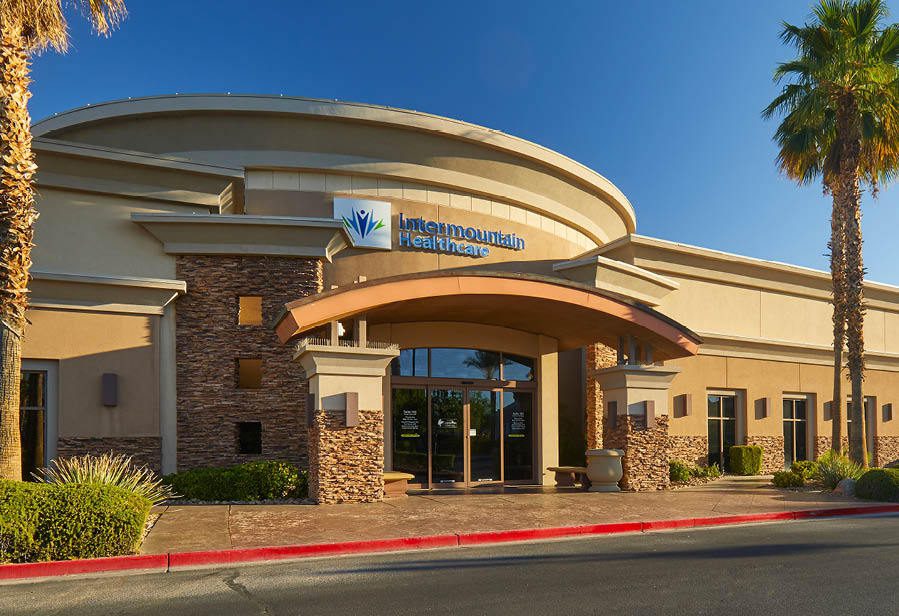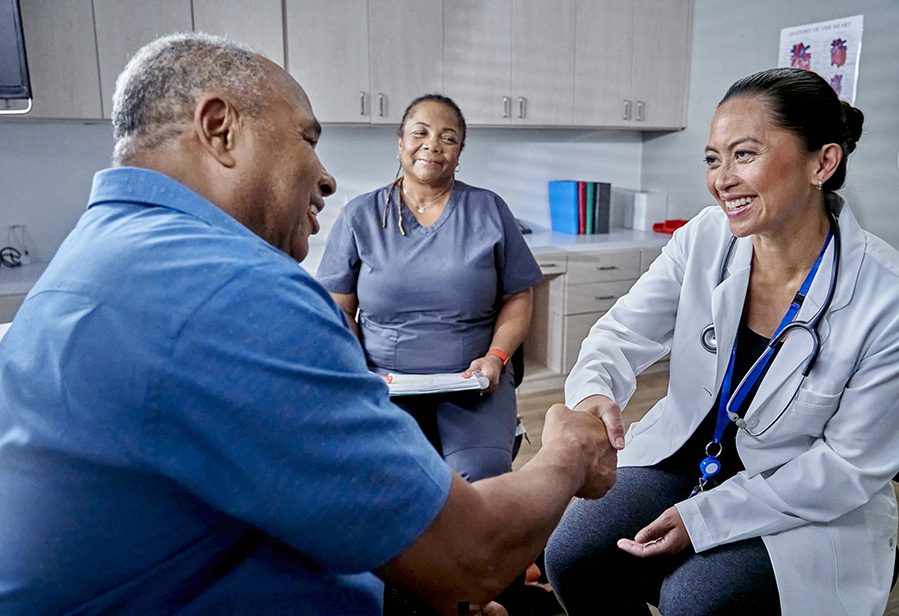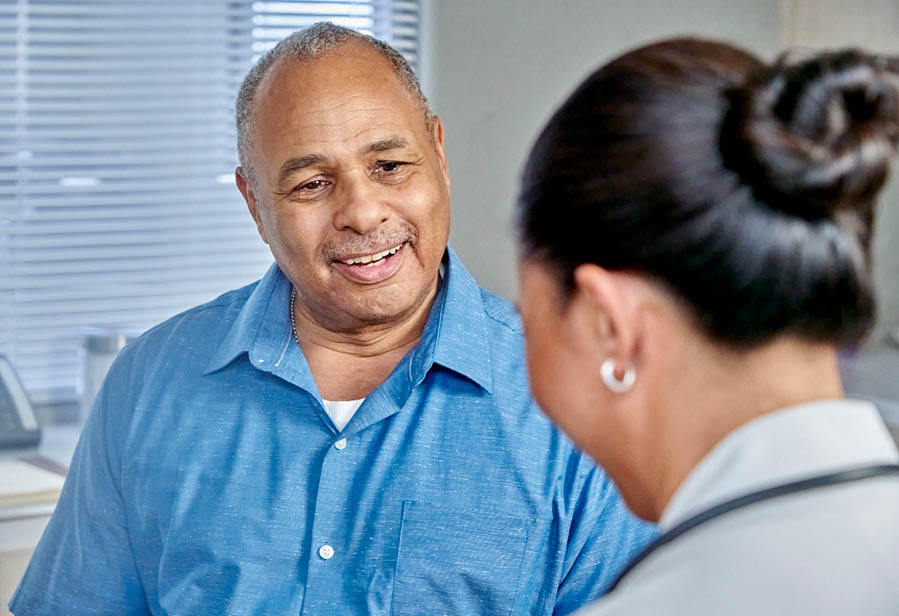The HPV vaccine protects against human papillomavirus (HPV). HPV is associated with cervical, vaginal, vulvar, anal, and oropharyngeal cancer as well as genital warts. These cancers, such as cervical cancer, affect around 7.8% of all women in Nevada. Each year approximately 13,000 women are diagnosed with cervical cancer and 4,000 women die from cervical cancer.
There have been three types of HPV vaccines: bivalent, quadrivalent and 9-valent vaccines protect against two, four and nine types of HPV, respectively. Only the quadrivalent and 9-valent are currently available in the United States.
How effective is the HPV vaccine?
Vaccination is recommended regardless of sexual activity or prior exposure to HPV. When given before exposure to the targeted virus, the HPV vaccine is highly effective in preventing infection and cervical cancer from human papillomavirus. When given after exposure, even if the patient is tested for HPV and the tests are positive, the vaccine is expected to provide some benefits.
Who can receive the HPV vaccine?
The quadrivalent and 9-valent types of HPV vaccines are approved for placement for both males and females between the ages of 9-26.
HPV for boys and girls
Kids can start with vaccinations as early as age 9, and it is recommended that a series of treatments be given to both boys and girls aged 11-12.
Can pregnant women get the vaccine?
While studies show that the HPV vaccine doesn’t cause harm to babies born to mothers who are vaccinated while pregnant, more research needs to be performed. Until then, it is not recommended that women receive the vaccine while pregnant.
If a vaccine is given during pregnancy, notify your obstetrician for appropriate evaluation and follow up. Your provider may recommend delaying the series of HPV vaccines until after your pregnancy has been completed.
Can women who are breastfeeding receive the HPV vaccine?
HPV vaccines can and should be given to breastfeeding women 26 years and younger who have not been previously vaccinated.
When is the HPV vaccine schedule?
For males and females who receive the first dose of HPV before 15 years of age, only two doses are needed. The timing of the second dose is 6-12 months after the first. If the second dose is administered less than five months after the first, then a third dose should be given.
Adolescents who receive their first shot after age 15 need three shots within six months: the first at 0 (baseline shot), the second at two months, and the third shot at six months.
HPV vaccine side effects
The HPV vaccine has been approved as safe and effective by the U.S. Centers for Disease Control (CDC) and has also been licensed by the Food and Drug Administration (FDA). This is the result of world-wide studies which show no serious health concerns.
While some side effects were reported, all were mild and included mild localized discomfort at the injection site. As with any injection, fainting may also be a concern, particularly with teens and younger patients, and sitting for at least 15 minutes after the injection is advised.
Speak to us to learn more about the HPV vaccine
If you are male or female under age 26, or are the parent of a child or children over age 9 who has yet to receive the HPV vaccine, you can schedule an appointment with a specialist to discuss getting vaccinated.
Not only will the vaccine help prevent STDs including genital warts and the spread of HPV through sexual contact, the HPV vaccine is also critical in guarding against many types of cancer, including cancers of the cervix, anus, penis and vagina.





